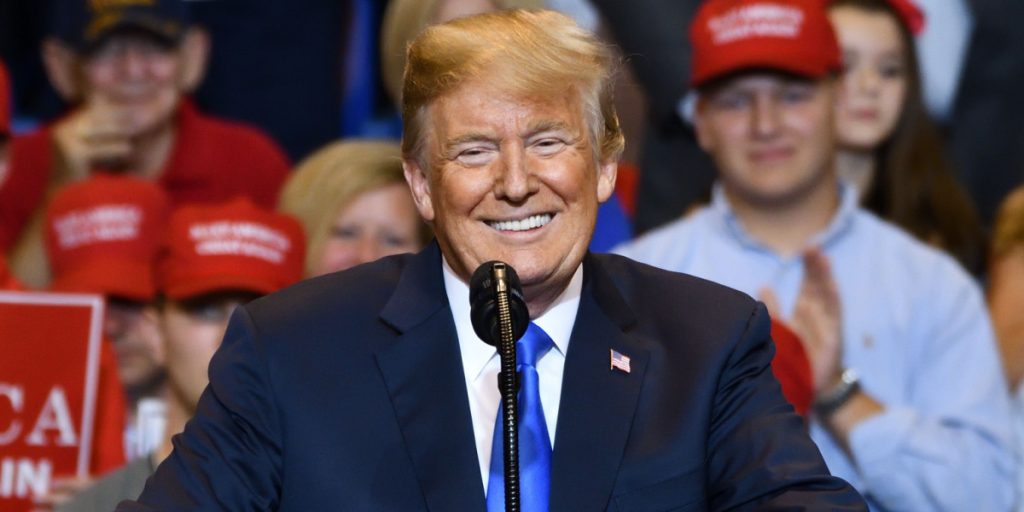His views have been widely discredited.
Others are reading now
The relationship between vaccines and autism is a topic that’s been thoroughly studied and debunked by scientists worldwide.
Yet, the issue has reemerged in the spotlight, fueled by comments from President-elect Donald Trump, according to Digi24.
His recent interview with NBC has sparked concern among health experts, as he suggests revisiting these claims as part of his administration’s agenda.
Trump stated his intention to nominate Robert F. Kennedy Jr., a well-known vaccine skeptic, to investigate what he described as the “autism epidemic.”
Also read
Trump Backs Kenney’s Claims
Kennedy has long argued that vaccines are linked to autism, despite decades of scientific evidence to the contrary. Trump suggested that the rise in autism rates over the past 25 years warrants further scrutiny.
“If you go back 25 years, autism was rare — one in 100,000 cases,” Trump claimed.
“Now it’s closer to one in 100. Something isn’t right.”
Current CDC data reports one in 36 children in the U.S. were diagnosed with autism in 2020, compared to one in 150 in 2000. Experts attribute this rise to improved screening and broader diagnostic criteria, not vaccines.
Kennedy, for his part, has repeatedly criticized the lack of randomized control trials for vaccines, claiming they bypass traditional safety measures.
His views have been widely discredited. Major studies, including those from the World Health Organization (WHO), have found no connection between vaccines and autism.
The original claim linking the MMR vaccine to autism came from a 1998 study by Andrew Wakefield, which was later proven fraudulent. Wakefield lost his medical license, and his research was retracted.
Health professionals warn that Trump’s rhetoric could reignite public distrust in vaccines. This comes at a critical time, as vaccine confidence is essential for preventing the resurgence of preventable diseases.


